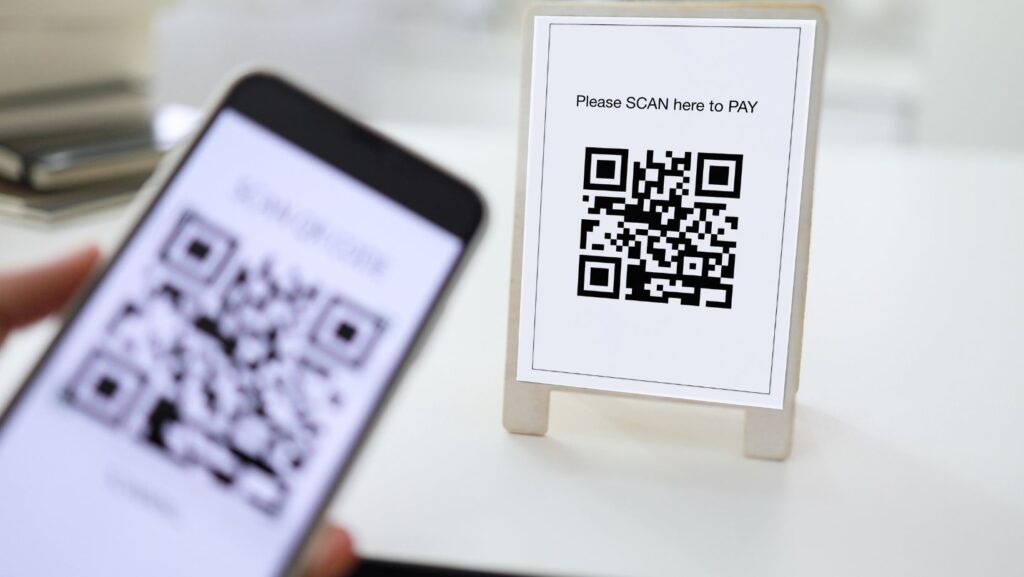
In the fast-paced world of event management, technology continues to reshape how experiences are crafted and delivered. As the industry evolves, staying ahead of the latest event tech trends becomes essential for organizers aiming to create memorable and seamless events. From virtual reality experiences to AI-driven analytics, these innovations are transforming traditional event landscapes.
Event professionals are increasingly leveraging technology to enhance attendee engagement and streamline operations. The rise of hybrid events, combining in-person and virtual elements, has opened new avenues for reaching broader audiences. Meanwhile, advancements in data analytics provide deeper insights into attendee behavior, enabling more personalized and impactful experiences.
Event Tech Trends
 Virtual Reality and Augmented Reality
Virtual Reality and Augmented Reality
Virtual reality (VR) and augmented reality (AR) transform event experiences by creating immersive environments. VR enables participants to explore virtual venues, enhancing engagement. AR engages attendees with interactive elements, providing additional information through devices.
Artificial Intelligence and Machine Learning
Artificial intelligence (AI) and machine learning (ML) personalize attendee experiences through data-driven insights. AI-powered chatbots streamline communication, offering quick responses to queries. ML algorithms analyze attendee behavior, assisting organizers in refining event strategies.
Hybrid Event Platforms
Hybrid event platforms balance virtual and in-person experiences, extending reach. These platforms offer live streaming, virtual networking, and on-demand content access, ensuring inclusivity and broader participation regardless of location.
Data Analytics and Personalization
Data analytics provides insights into attendee preferences, facilitating tailored experiences. By tracking real-time data, organizers can adapt content and offer personalized recommendations, increasing overall satisfaction and engagement rates.
 Contactless Technology
Contactless Technology
Contactless tech solutions enhance safety and convenience. RFID badges and mobile apps support seamless check-ins and transactions. This technology reduces physical interaction, ensuring a secure environment for attendees.
Sustainability Practices
Eco-friendly solutions gain traction in event tech. Digital ticketing, virtual swag bags, and energy-efficient venue practices contribute to more sustainable events. Adopting green technology results in reduced environmental impact and aligns with attendees’ growing sustainability concerns.
Enhanced Virtual Experiences
Driven by innovative platforms, virtual experiences now offer more interactivity and engagement for attendees. Features like 3D environments provide immersive settings, making participants feel present even when remote. Gamification elements, such as leaderboards and virtual challenges, boost engagement by offering attendees incentives to participate actively. Real-time polling and Q&A sessions facilitate interaction, creating dynamic discussions despite physical distances.
Seamless Hybrid Solutions
 Hybrid events deliver flexibility by combining physical and virtual components, catering to diverse audience preferences. They allow organizers to reach wider audiences through live streaming and content on-demand. Hybrid platforms integrate virtual networking lounges, enabling interaction between remote and in-person attendees.
Hybrid events deliver flexibility by combining physical and virtual components, catering to diverse audience preferences. They allow organizers to reach wider audiences through live streaming and content on-demand. Hybrid platforms integrate virtual networking lounges, enabling interaction between remote and in-person attendees.
Tech advancements ensure high-quality streaming and reduce latency, improving remote attendee experiences. Event planners leverage data from both live and virtual settings to create synchronized event agendas, optimizing engagement for all participants.
Artificial Intelligence and Automation
Artificial intelligence (AI) and automation play pivotal roles in event management by streamlining operations. AI-powered chatbots facilitate seamless communication by instantly addressing attendee inquiries. These chatbots provide quick responses, improving user satisfaction and engagement rates during events. Automation tools also handle repetitive tasks like registration and data management, freeing up resources for more strategic activities. This integration results in improved efficiency and cost-effectiveness for organizers.
Augmented and Virtual Reality
Augmented reality (AR) and virtual reality (VR) offer immersive experiences that significantly elevate event engagement. AR overlays digital elements in real-world settings, creating interactive environments for attendees. Examples include using AR for virtual product demonstrations or interactive venue maps. VR transports participants to entirely virtual settings, such as virtual tours or simulations, which can be particularly effective for training or entertainment purposes. These technologies create memorable experiences, increasing attendee engagement and satisfaction.
Data-Driven Decision Making
Advanced Analytics Tools
Advanced analytics tools like Tableau and Power BI equip event planners with insights by processing vast data sets. Real-time dashboards offer visibility into attendee engagement metrics, such as session attendance, participation rates, and interaction levels. Predictive analytics identifies trends, helping organizers anticipate attendee needs and adjust strategies accordingly. Integrating sentiment analysis provides deeper understanding of attendee satisfaction, improving decision-making processes.


